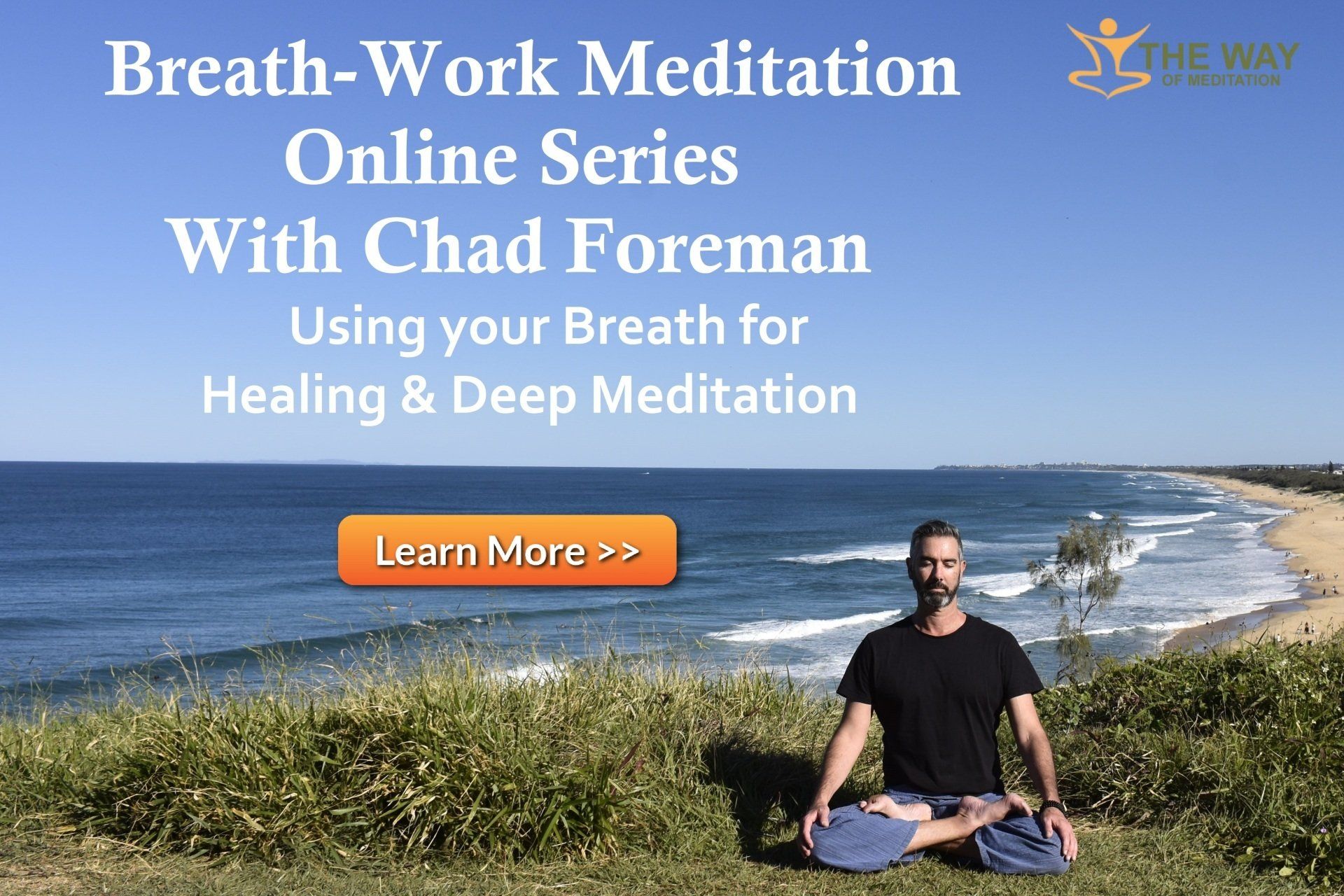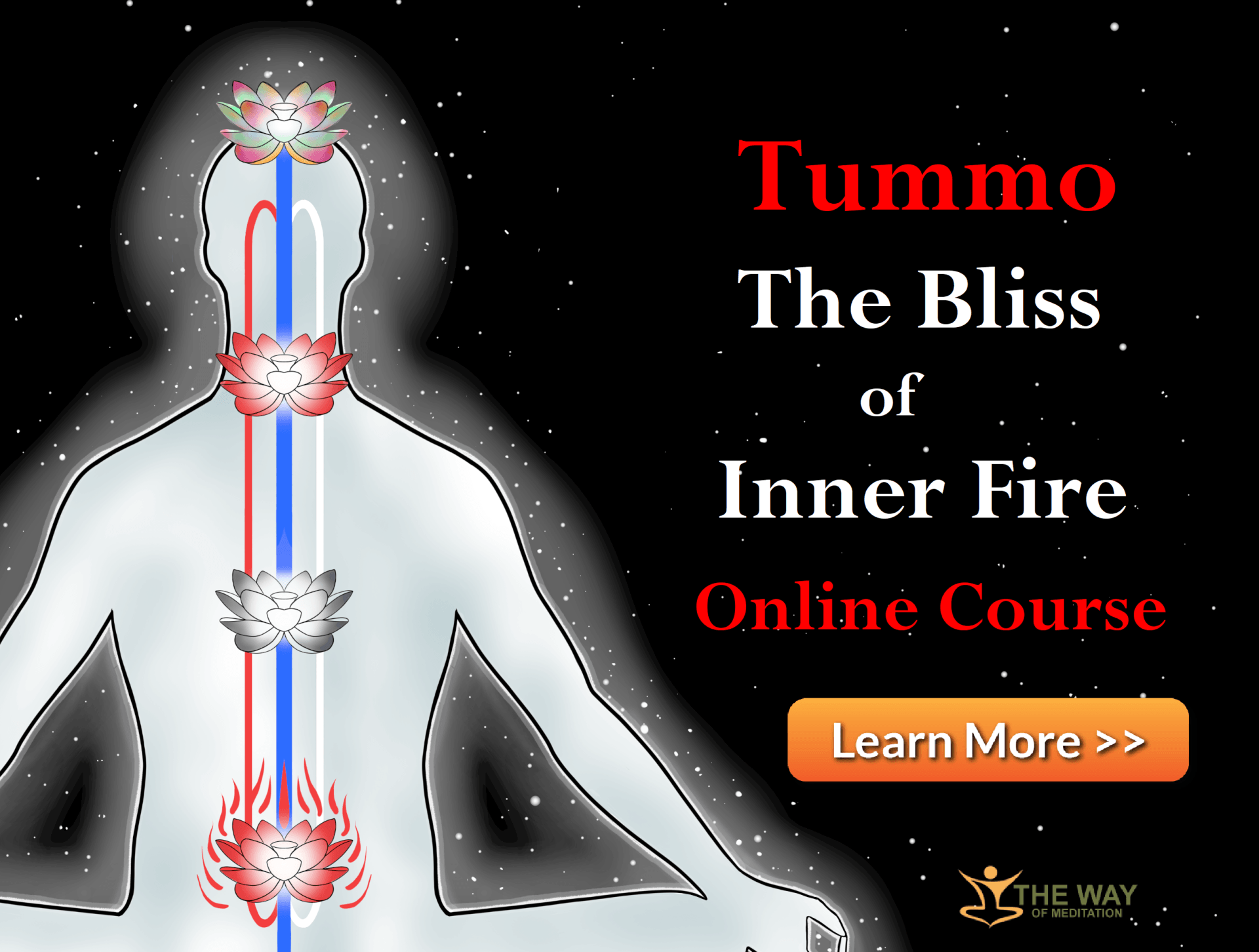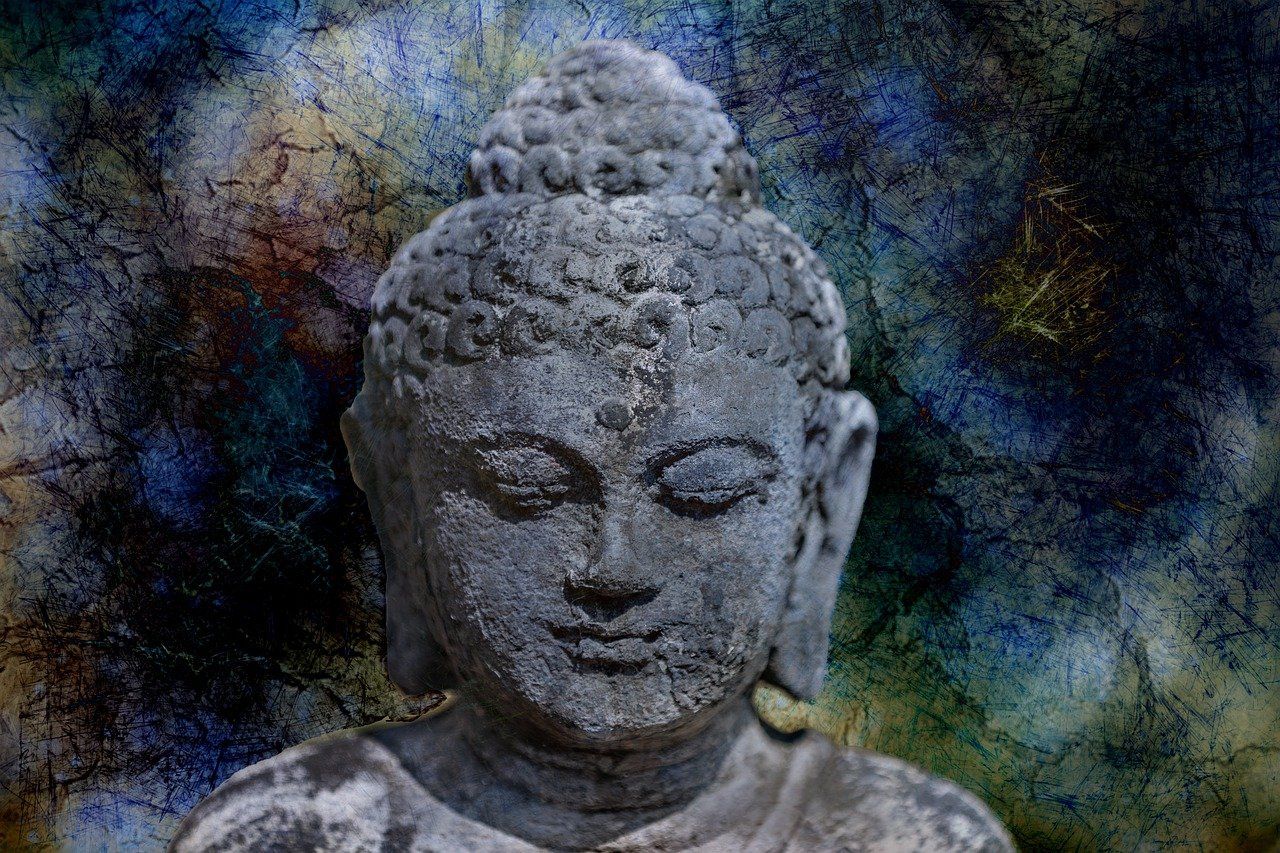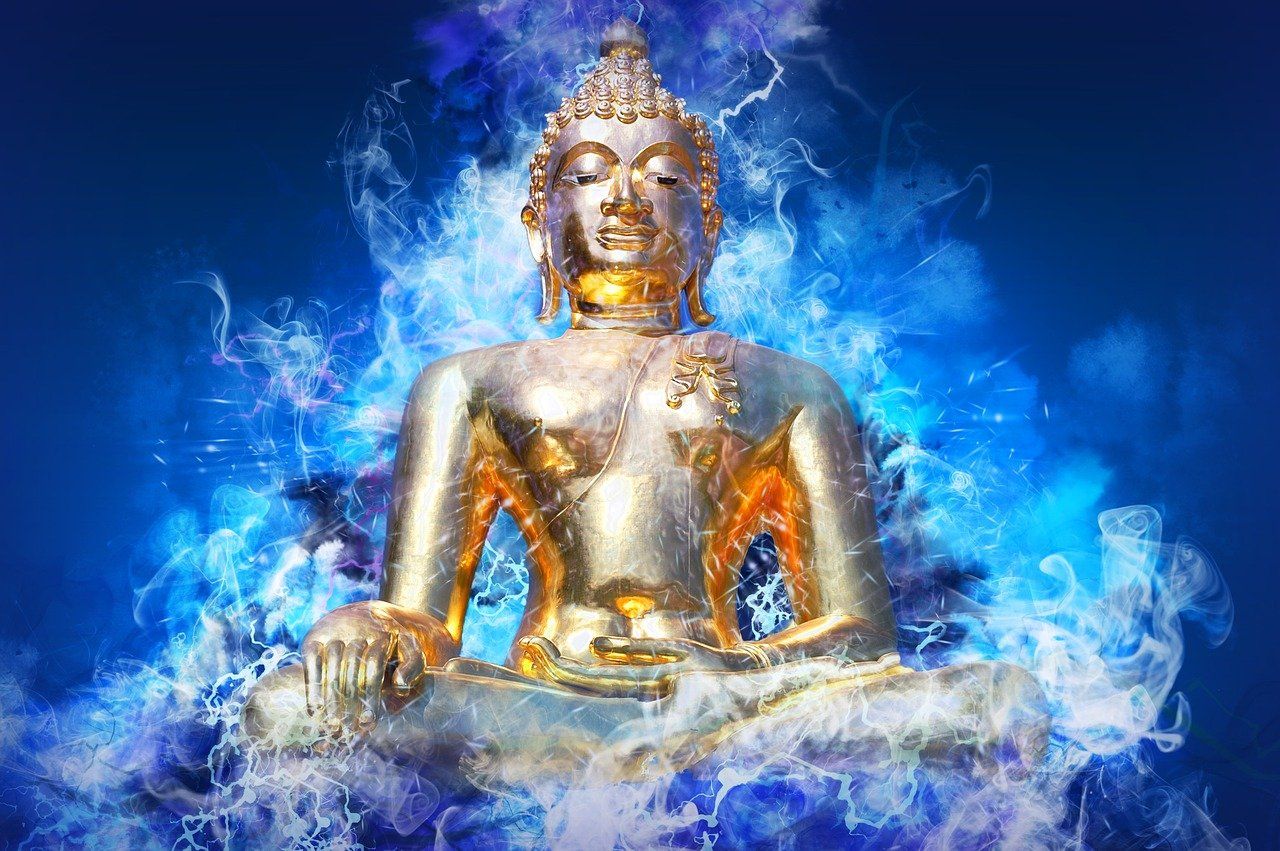The Way of Meditation Blog
Bringing Ancient Wisdom Into The Modern World
7 Meditation Tips From The World's Happiest Man
April 29, 2015
Happiest Man
A French genetic scientist may seem like an unusual person to hold the title – but Matthieu Ricard is the world’s happiest man, according to researchers.
The 66-year-old happiest man turned his back on Parisian intellectual life 40 years ago and moved to India to study Buddhism. He is now a close confidante of the Dalai Lama and respected western scholar of religion.
Now it seems daily meditation has had other benefits – enhancing Mr Ricard’s capacity for joy.
The 66-year-old happiest man turned his back on Parisian intellectual life 40 years ago and moved to India to study Buddhism. He is now a close confidante of the Dalai Lama and respected western scholar of religion.
Now it seems daily meditation has had other benefits – enhancing Mr Ricard’s capacity for joy.
Neuroscientist Richard Davidson wired up the monk’s skull with 256 sensors at the University of Wisconsin as part of research on hundreds of advanced practitioners of meditation.
The scans showed that when meditating on compassion, Ricard’s brain produces a level of gamma waves – those linked to consciousness, attention, learning and memory – ‘never reported before in the neuroscience literature’, Davidson said. Interestly compassion is Ricard’s main secret to being the happiest man in the world.
The scans also showed excessive activity in his brain’s left prefrontal cortex compared to its right counterpart, giving him an abnormally large capacity for happiness and a reduced propensity towards negativity, researchers believe.
Research into the phenomenon, known as “neuroplasticity”, is in its infancy and Ricard has been at the forefront of ground-breaking experiments along with other leading scientists across the world.
‘We have been looking for 12 years at the effect of short and long-term mind-training through meditation on attention, on compassion, on emotional balance,’ he said.
‘We’ve found remarkable results with long-term practitioners who did 50,000 rounds of meditation, but also with three weeks of 20 minutes a day, which of course is more applicable to our modern times.’
The scans showed that when meditating on compassion, Ricard’s brain produces a level of gamma waves – those linked to consciousness, attention, learning and memory – ‘never reported before in the neuroscience literature’, Davidson said. Interestly compassion is Ricard’s main secret to being the happiest man in the world.
The scans also showed excessive activity in his brain’s left prefrontal cortex compared to its right counterpart, giving him an abnormally large capacity for happiness and a reduced propensity towards negativity, researchers believe.
Research into the phenomenon, known as “neuroplasticity”, is in its infancy and Ricard has been at the forefront of ground-breaking experiments along with other leading scientists across the world.
‘We have been looking for 12 years at the effect of short and long-term mind-training through meditation on attention, on compassion, on emotional balance,’ he said.
‘We’ve found remarkable results with long-term practitioners who did 50,000 rounds of meditation, but also with three weeks of 20 minutes a day, which of course is more applicable to our modern times.’
Matthieu Ricard’s 7 tips for learning and practising meditation
2) It’s impossible to stop thoughts from coming but focusing on a particular sound or the breath going in and out calms the mind, giving greater clarity. Controlling the mind is not about reducing your freedom, it’s about not being a slave to your thoughts. Think of it as directing your mind like a boat rather than drifting.
3) Be mindful – pay attention to the sensations of your breath going in and out. If you notice your mind wandering simply bring it back to focusing on your breath. This is known as mindfulness. You can apply it to other sensations to bring you into the ‘now’ rather than dwelling on the past or future. You could focus instead on heat, cold and sounds that you hear.
4) Once you’ve achieved some skill in this you can use that to cultivate qualities such as kindness, or dealing with disturbing emotions. He says everyone has felt all-consuming love but usually it lasts for about 15 seconds, but you can hold on and nurture this vivid feeling by focusing on it in meditation. If you feel it becoming vague you can consciously revive it.
5) Like when playing the piano, practising the feeling for 20 minutes has a far greater impact over time than a few seconds. Regular practise is also needed like watering a plant.
6) You can then use meditation to gain some space from negative emotions. Ricard says: ‘You can look at your experience like a fire that burns. If you are aware of anger you are not angry you are aware. Being aware of anxiety is not being anxious it is being aware.’ By being aware of these emotions you are no longer adding fuel to their fire and they will burn down.
7) You will see benefits in stress levels and general wellbeing as well as brain changes with regular practise in a month. Those who say they don’t have enough time to meditate should look at the benefits: If it gives you the resources to deal with everything else during the other 23 hours and 30 minutes, it seems a worthy way of spending 20 minutes.
Habits of Happiness with Matthieu Ricard
Get A FREE
Guided Meditation Series
with Chad Foreman

In today’s fast-paced world, the mind often races, driven by the demands of work, family, and personal ambitions. Meditation is commonly seen as a practice to calm the mind, foster inner peace, and connect with deeper aspects of existence. Yet, one crucial element often overlooked is the state of the body, particularly the nervous system. Relaxing the nervous system isn’t just a preparatory step; it is foundational for unlocking the deeper states of awareness and tranquility that meditation promises. Drawing insights from my journey and teachings, we will explore why this is so vital and how it transforms the meditative experience.












